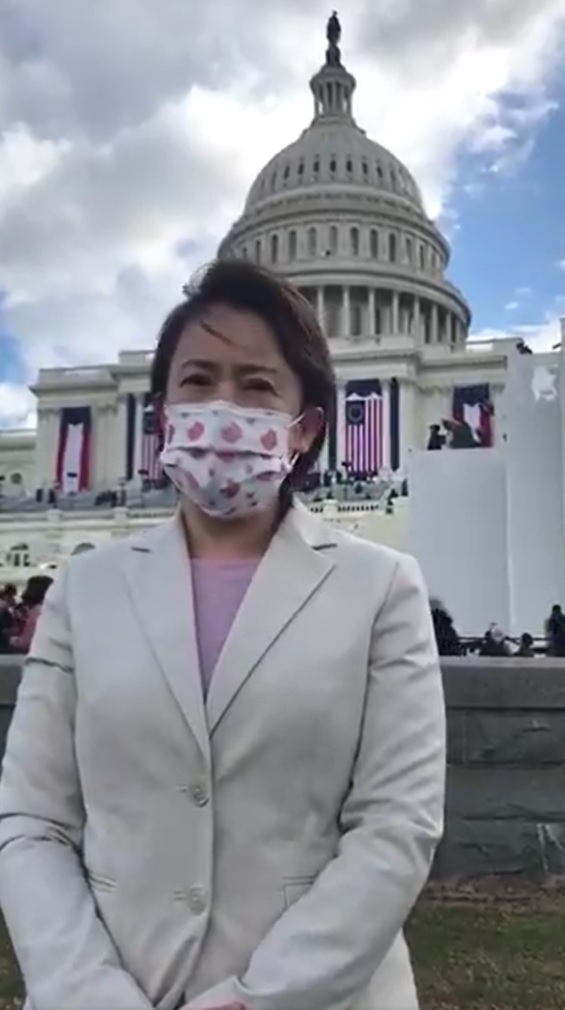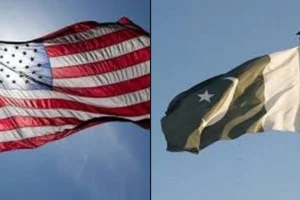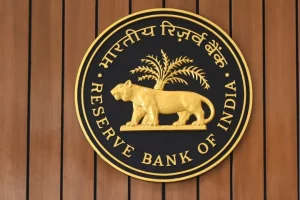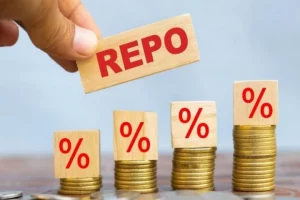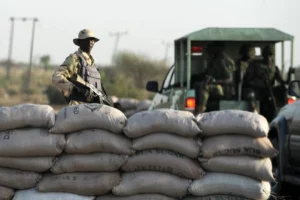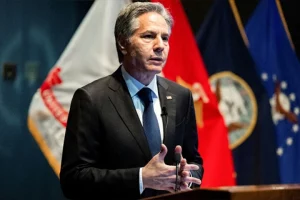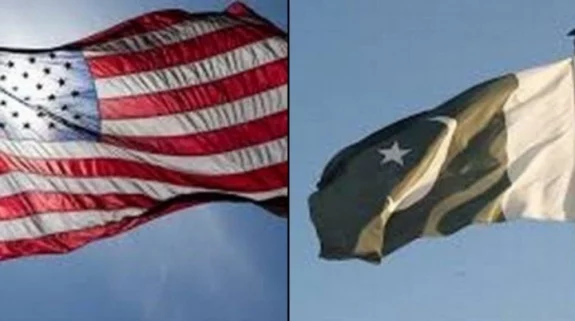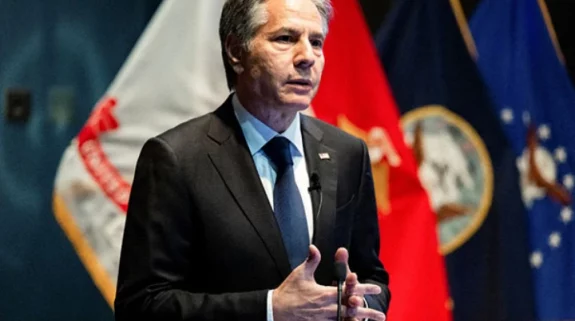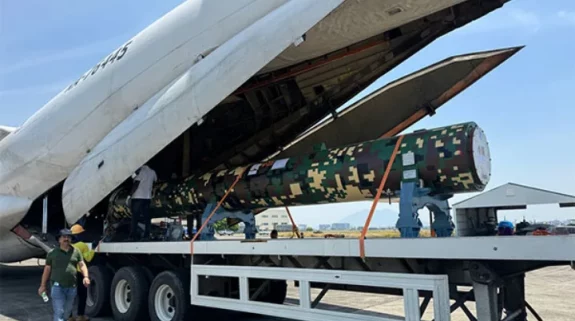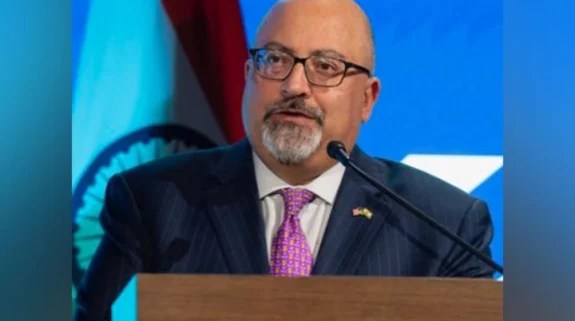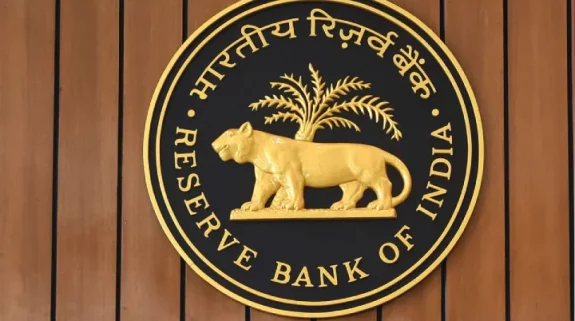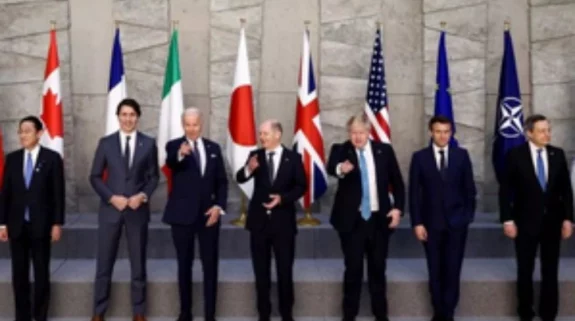History was made at the US presidential inauguration last night and it wasn't just about an outgoing President not attending the ceremony for the first time in 152 years. As Hsiao Bi-khim entered the Capitol building, Taiwan was represented in an official capacity at the US presidential inauguration for the first time since 1979, the year which saw a break in diplomatic relations between Washington and Taipei.
"Honored to represent the people and government of Taiwan here at the inauguration of President Biden and Vice President Harris. Democracy is our common language and freedom is our common objective. I look forward to working with the next US administration in advancing our common values and interests," tweeted Hsiao in a video message while standing in front of the West Front.
It was in 1979 that the Jimmy Carter administration had switched diplomatic relations from Taipei to Beijing. China treats Taiwan as a breakaway province and continues to make provocative moves in the region. For nearly four decades, the US policy has been guided by the Taiwan Relations Act of 1979, the three joint communiques between Washington and Beijing, and the Six Assurances provided by President Reagan to Taipei in 1982.
And while, in spite of severe pressure from mainland China, Taiwan did win support from the United States – in 2002, Secretary of State Colin Powell said that Taiwan is "a success story of democracy" and in March 2008, President George W Bush said, "Taiwan is a beacon of democracy to Asia and the world" – representatives of Taiwan were able to attend the ceremony only after being handed over admission tickets by Congress members.
The Inauguration and Swearing-In ceremonies are managed by the Joint Congressional Committee on Inaugural Ceremonies (JCCIC). This time, the Committee had announced that due to Covid-19 pandemic restrictions, tickets will not be allotted to Congressional Offices to attend the 59th Inaugural ceremonies.
Taipei was thus doubtful of getting an invite but was pleasantly surprised as Hsiao was formally invited by the JCCIC to participate in the inauguration.
"The invitation to Taiwan's Representative to the US to attend the Inaugural Ceremonies, the most significant event celebrating US democracy, highlights the close and cordial ties between Taiwan and the United States based on shared values," Taiwan's Ministry of Foreign Affairs said in a statement earlier this week.
"The government will build on existing solid foundations and work with the Biden administration to further promote exchanges and cooperation in all areas and at all levels, so as to strengthen the comprehensive cooperative partnership between Taiwan and the United States," it added.
Taiwan has for years maintained that it is under tremendous pressure against China's pervasive military, economic, and political coercion and needs clear and concrete support from the United States and like-minded countries.
The move, which would have certainly rattled Beijing, has been welcomed by many top US politicians, including the Idaho Senator James Elroy Risch who also heads the Senate Foreign Relations Committee.
Risch has been raising grave concerns about China's human rights violations in Xinjiang terming it as a genocide and urging the world to hold Chinese Communist Party (CCP) accountable for the unspeakable crimes against humanity.
"I was gratified to see Taiwan represented at the inauguration for the first time since 1979 today. I commend the new administration for this invitation, & encourage them to build upon the progress made on US-Taiwan relations to reflect the challenges & geopolitical realities we face," he said.
Taiwan is hoping that the principles of mutual trust, reciprocity, and mutual benefit will steadily deepen its partnership with the US. Last month, Donald Trump signed into law the Taiwan Assurance Act of 2020, a broad piece of legislation that covers support for regularized US arms sales to Taiwan, enhancing Taiwan’s self-defense capability, and Taiwan’s meaningful participation in international organizations.
There's some more good news in store for Taipei. Immediately after being sworn into office, the Joe Biden administration has signalled that the US commitment to Taiwan will continue to be "rock solid".
"President Biden will stand with friends and allies to advance our shared prosperity, security, and values in the Asia-Pacific region – and that includes Taiwan," Reuters quoted Emily Horne, spokeswoman for the White House National Security Council, as saying.






